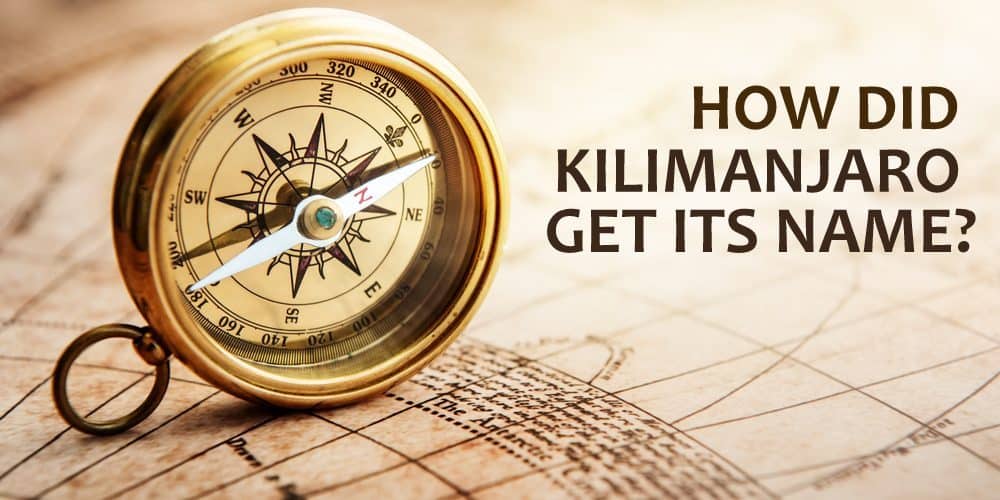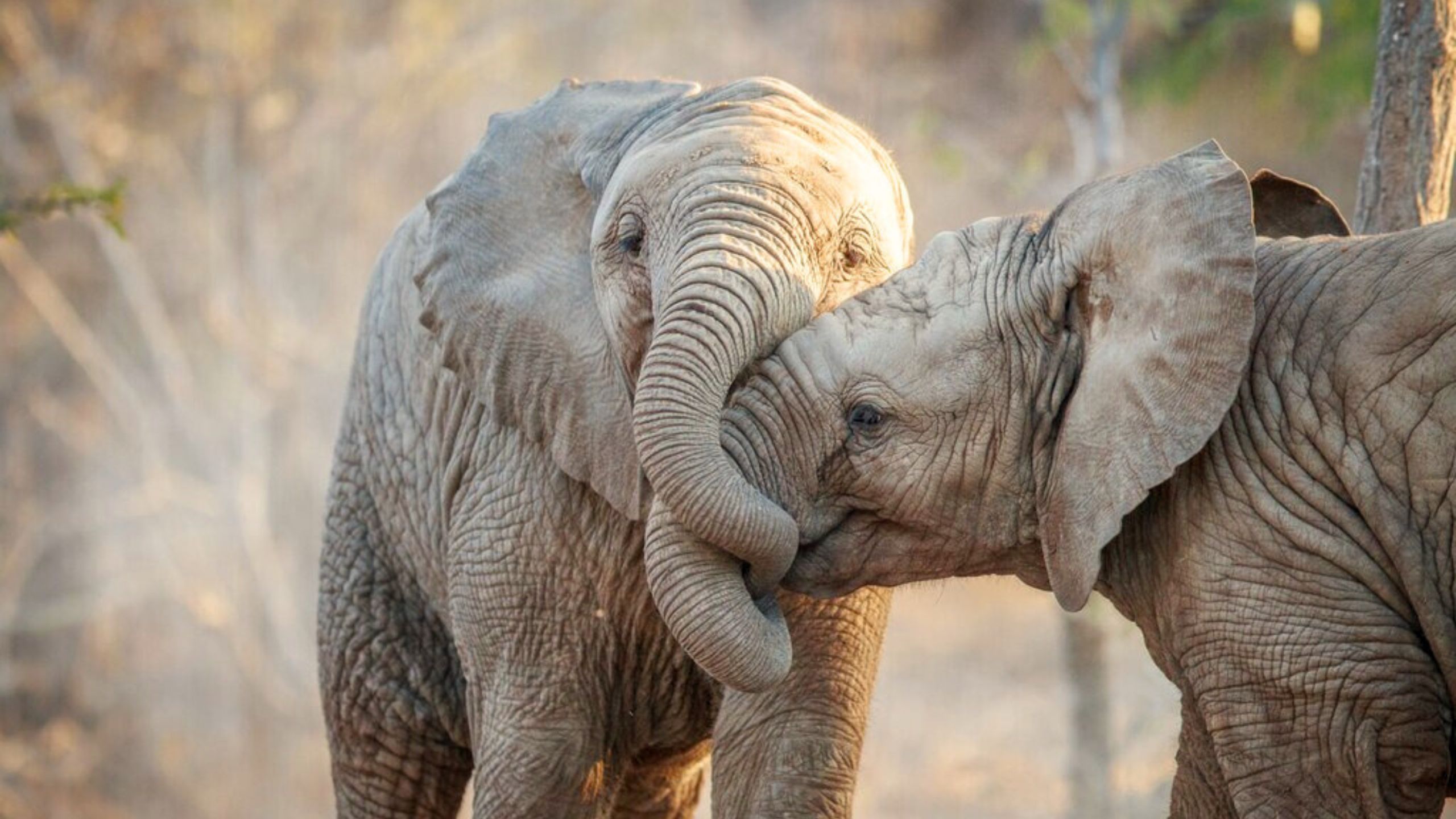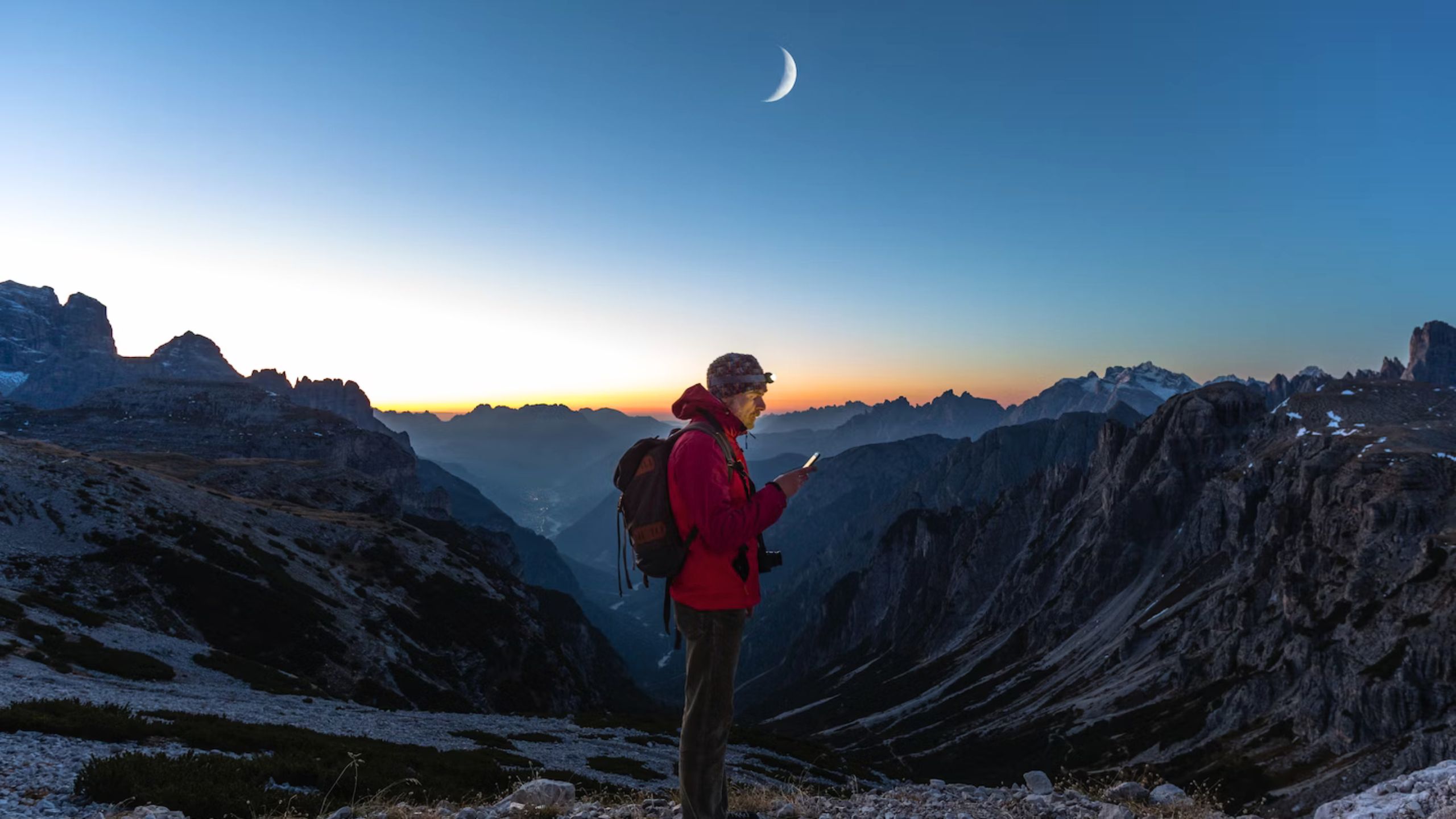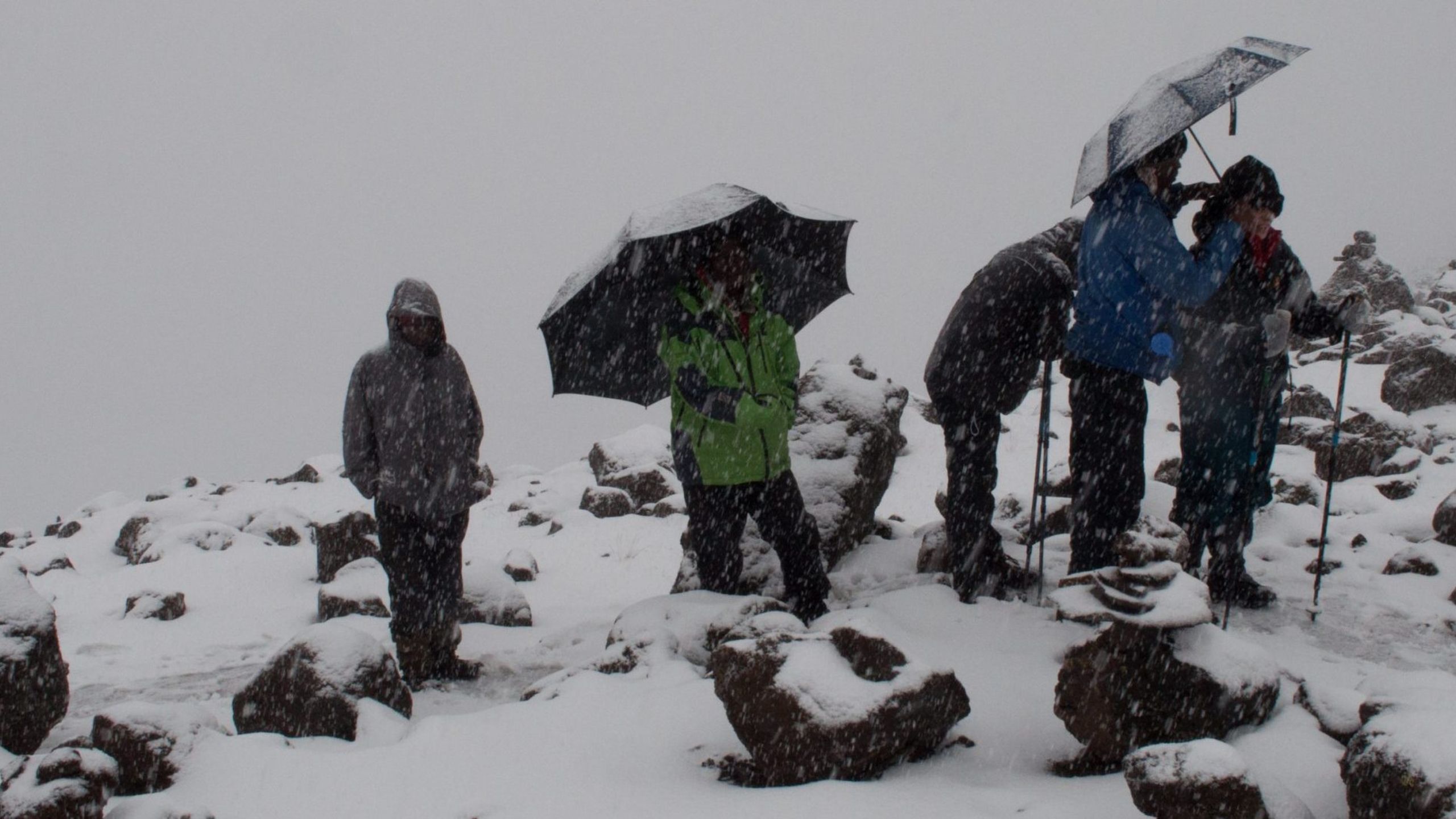The origin of the name “Kilimanjaro” is a little bit of a mystery.
Several theories exist about how the mountain got its name and what the word means. Any number of possible explanations, which we will discuss below, could have some truth to them. Most of what we know was written by European explorers as they traveled around the region. Words used in local Tanzanian languages (Swahili, Chagga and Masai) form the foundation of the meaning of “Kilimanjaro”.
Mountain of Caravans
This is the most popular and generally accepted answer by linguists and etymologists for the meaning of the word Kilimanjaro. In 1860, German missionary, explorer and linguist Johann Ludwig Krapf wrote that Swahilis along the East African coast called the mountain Kilimanjaro.
Krapf wrote:
The Swahili of the coast call the snow-mountain Kilimanjaro, “Mountain of Greatness.” It may also mean “Mountain of Caravans” (kilima – mountain; jaro caravans), a landmark for caravans seen everywhere from afar.
He explained that Kilimanjaro was the combination of two elements, “kilima” meaning “mountain” in Swahili and “jaro” meaning “caravans” in Chagga. However, there’s one problem. “Kilima” literally means “hill”, seemingly an inappropriate word for something with the sheer size of the mountain. The Swahili word for “mountain” is actually “mlima.” It’s possible that the word for “hill” was used on purpose to be ironic or comedic. Europeans may have also confused the words for “mountain” and “hill.”
Mountain of Whiteness
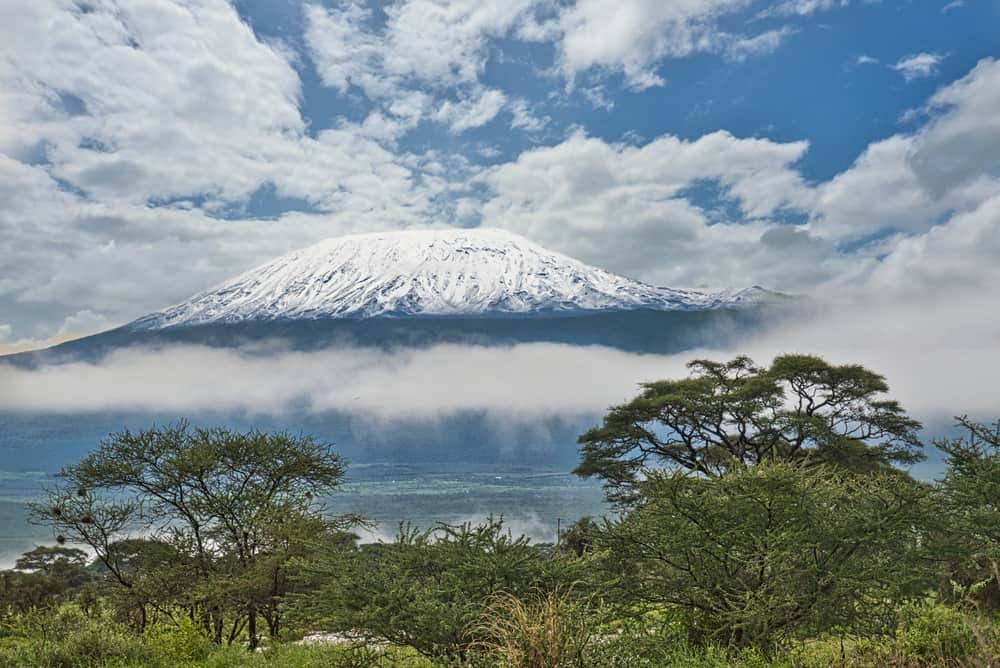
One characteristic of Mount Kilimanjaro that makes it special is its snow covered peak despite its equatorial latitude. So naming the mountain based on this feature sounds more than plausible.
The word “Njaro” once meant “whiteness” in ancient Swahili. Therefore, the words “kilima” and “njaro” could mean “Mountain of Whiteness”, or “Shining Mountain” – a celebration of its ice cap.
British geologist and explorer Joseph Thompson wrote in his book Through Masailand (1885):
The term Kilimanjaro has generally been understood to mean the mountain (kilima) of greatness (njaro). This is probably as good a derivation as any other, though not improbably it may mean the white mountain, as I believe the term njaro has in former times been used to denote whiteness, and though this application of the word is now obsolete on the coast, it is still heard among some of the interior tribes.
Mountain of Evil Spirits
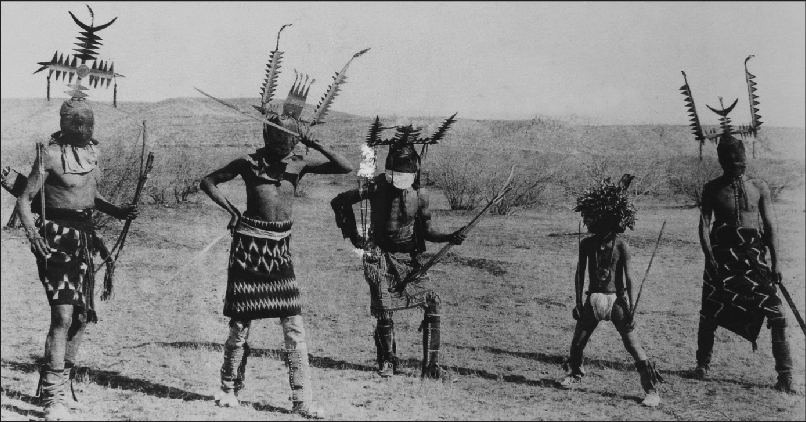
Alternatively, “njaro” could be the name of an evil spirit, or a demon.
Its possible that the snow covered peak caused locals to believe that the mountain was inhabited by evil spirits. This myth could also explain why some referred to Njaro as a demon that caused cold.
Hans Meyer, the first European to climb Kilimanjaro wrote:
Njaro, the guardian spirit of the mountain, seemed to take his conquest with a good grace, for neither snow nor tempest marred our triumphal invasion of his sanctuary.
British explorer Sir Harry Johnston also wrote that the name was the combination of “kilima” (mountain) and “njaro”, the name of a demon that causes cold.
Impossible Journey
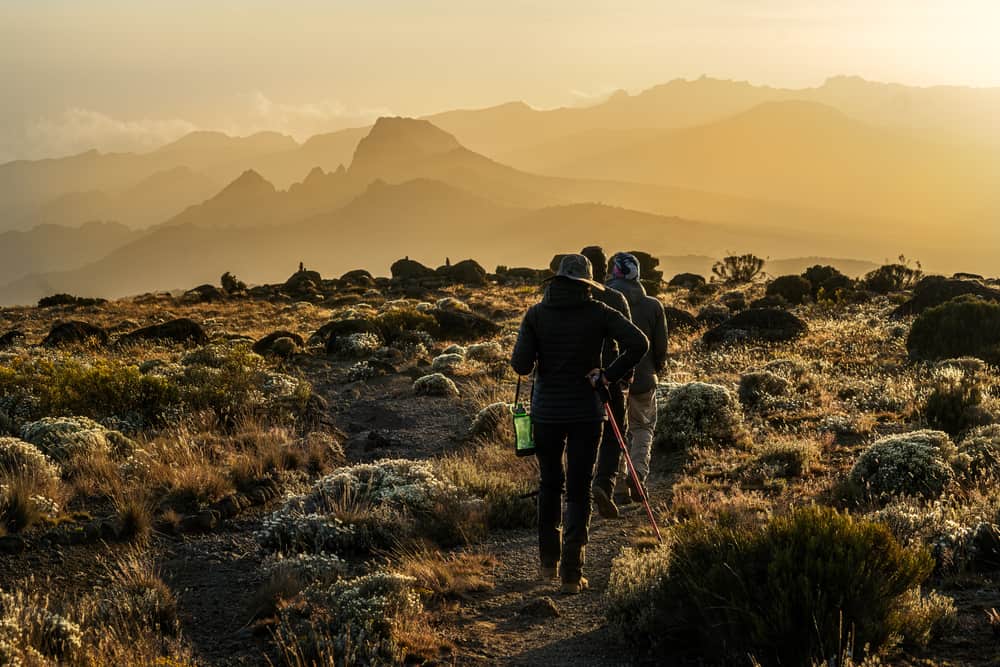
The Chagga word “Kilemakyaro” means “that which makes the journey impossible.”
The word “kileman” is derived from “kileme” meaning “difficult” or “impossible” in Chagga, while “jaro” could be a variation of “njaare”, a bird, or possibly from “jyaro” meaning a caravan. Put together, Kilimanjaro could literally mean “that which is impossible for the bird”, “that which defeats the caravan”.
In essence, the word suggested that the mountain was not climbable. And back then, it really wasn’t. Large ice walls (that no longer exist) made tackling this peak a monumental challenge. German geologist Hans Meyer was the first to climb Mount Kilimanjaro in 1889, his third attempt.
Mountain of Water
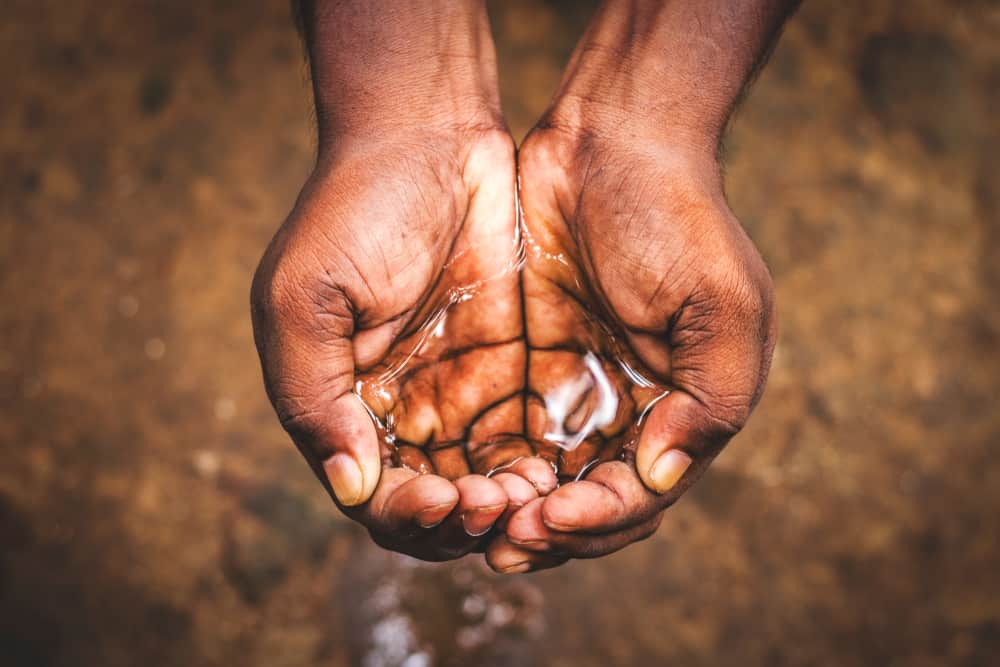
The Masai living on the plains called Kilimanjaro the “Mountain of Water.”
The Masai word “ngare” means water source, which could have evolved to “njare” or “njaro.” But, there is no Masai word similar to “kilima.” So its not likely that the origin for the name “Kilimanjaro” comes from the Masai.
See Start Planning A Perfect Luxury Africa Safari for 2023 – Book 2023 Africa Safari
Interested in climbing Kilimanjaro? PLEASE CONTACT US.

